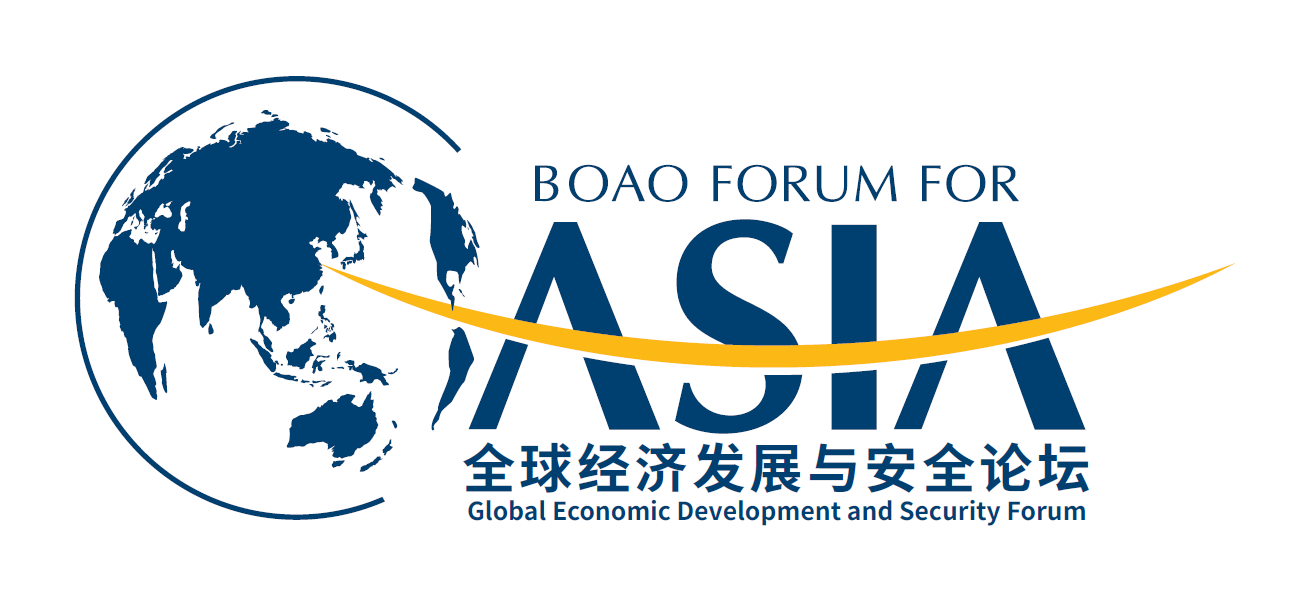
苏博科
博鳌亚洲论坛机构理事
阿斯利康全球首席执行官
Pascal SORIOT
Corporate Member of the Boao Forum for Asia,
Chief Executive Officer, AstraZeneca
答:数字技术的飞速发展正在加速创新科学的发展,并为人类所面临的最严峻、最棘手的疾病带来改善生命的药物。在阿斯利康,我们很早就认识到人工智能和机器学习具有改变我们工作方式的潜力,应用这些新方法也确实提高了我们处理和理解海量数据的能力,使我们能够更快、更准确地发现、开发和提供新的疗法。
在阿斯利康,我们的研发管线中已有人工智能生成的药物分子。我们的人工智能平台正在使用生成模型来识别潜在的药物分子,这比传统流程快了两倍,有助于我们优先选择最有效的药物分子。我们将生成式人工智能和机器学习应用于抗体发现的过程中,识别目标抗体线索的时间从三个月缩短至三天。此外,我们正在使用领先的云端数据和人工智能工具来更快地解读基因数据,我们的目标是到2026年实现分析多达200万个基因组,从而提高我们对疾病生物学的理解,发现新的基因变异和未来药物的潜在药物靶点。除了以上这些案例,人工智能正在让临床开发变得更快、更高效,并改善参与者和提供者的体验和结果。最近,我们成立了一家名为Evinova的新医疗技术公司,该公司已将人工智能和生成式人工智能融入到创新解决方案中。例如,在药物开发领域,我们正与监管机构进行合作,利用人工智能和机器学习来改进对临床试验终点的界定。这些技术的应用有望将界定时间从4个-5个月缩短至几分钟,并可将成本降低一半以上。人工智能的潜力超乎想象,阿斯利康在人工智能领域的更广泛应用还包括:通过自主生产流程实现药品在工厂的无缝流通;通过创建知识图谱,洞察生物数据,为患者匹配合适的临床试验;通过开发领先的疾病管理平台,帮助医疗专业人士更个性化、更精准、更可持续地诊断、监测和治疗患者。
人工智能驱动工具已经在推动巨大变革,其中包括生成式人工智能技术。它们帮助我们转变工作方式,更重要的是通过转变护理方式来满足未竟的医疗需求。而且随着技术的不断进步,机遇无限。
问:当今企业都正处于科技创新的前沿。您认为,我们应该如何去构建一个鼓励创新和容错的企业文化及社会环境?
答:不断创新是阿斯利康成功的根本。当前,我们正致力于改变慢性疾病的治疗前景,并为癌症和罕见病患者带去希望。我们的团队坚持不懈开拓科学疆域,为患者带来改善生命的药物。
在阿斯利康,五大价值观是指引我们一切工作的准则——我们坚持以科学为本、患者至上、志在必得、开拓进取、赢之有道。这些价值观是“创新”企业文化的核心。从鼓励终身学习,保持好奇心,以确保个人及公司走在行业前沿;到多元与包容文化,以便我们能发现创造性解决方案的新机会,并敢于挑战既定思维;再到企业合作,通过分享学习成果激发出令人兴奋的新可能。在阿斯利康,合作无处不在,不同团队间的合作能互补专业知识和经验,这也是我们追求卓越科学和发现新药不可或缺的一部分。同时我们还鼓励团队开展外部合作,我们欢迎通过内部努力或是外部合作取得突破性发现。
建立明晰的价值观是建立鼓励创新企业文化的基础,它可以激发自由思考,不断挑战以实现更高的目标,并为行动和决策提供支持。当然我们也意识到,突破科学疆域的过程并不总尽如人意。这种情况下,我们也会坚持我们的价值观,始终以科学为本,并将这些“不尽如人意”作为学习的机会,通常这也会成为开启下一个突破性发现的钥匙。
A: Rapid advances in digital technologies are accelerating innovative science and the delivery of lifechanging medicines for the most serious and complex diseases facing humankind. At AstraZeneca, we have long recognized the potential for AI and machine learning to transform how we work, with the application of new approaches enhancing our ability to process and understand vast amounts of data and allowing us to discover, develop and deliver new treatments far faster and more precisely than ever before.
At AstraZeneca, we have AI-generated molecules in our pipeline today. Our AI-enabled platforms are using generative models to identify potential drug molecules twice as fast as traditional processes and help us prioritize those that will be most effective. We are using generative AI and machine learning in antibody discovery, cutting the time to identify target antibody leads from three months to just three days. And, we are using advanced cloud data and AI tools to interpret genetic data faster with the aim of analyzing up to two million genomes by 2026 so we can enhance our understanding of disease biology, uncover new gene variants and potential drug targets for future medicines.
AI is making clinical development faster and more effective and improving the experience and outcomes for participants and providers. Recently we launched a new health-tech company called Evinova which has incorporated AI into its innovative solutions. For example, in drug development, work is underway with regulators to use AI and machine learning to improve the adjudication of clinical trial endpoints. Use of these technologies has the potential to shorten the adjudication time from 4-5 months to just a few minutes and reduce costs by more than 50%.
The potential of AI is extraordinary, with further examples of application across AstraZeneca including autonomous manufacturing processes to create a seamless flow of medicine through our factories, matching of patients with the right clinical trials through the creation of knowledge graphs that give insights into biological data, and the development of advanced disease management platforms that help healthcare professionals diagnose, monitor and treat patients more personally, precisely and sustainably.
AI-driven tools are already driving dramatic change, helping us to transform how we work and, most importantly, transform care and address unmet medical need. And, with advances continuing apace, the opportunities are enormous.
Q: Enterprises are at the forefront of scientific and technological innovation. How do we build corporate cultures and social environments that will encourage innovation and tolerate failure?
A: The need to continuously innovate is fundamental to the success. We are working to transform the outlook for chronic diseases and bring hope to patients who suffer from cancer and rare diseases. Our teams are relentless in pushing the boundaries of science to deliver life-changing medicines.
At AstraZeneca we have five values that guide all that we do – we follow the science, put patients first, play to win, are entrepreneurial, and do the right thing. These values are central to our culture of innovation – from lifelong learning, to ensure we remain curious and at the forefront individually and as a company, to inclusion and diversity, so we spot opportunities for new discoveries and creative solutions, challenge assumptions and represent the communities we serve, to enterprise collaboration to share learnings and unlock exciting new possibilities. Collaboration across our company, between different teams bringing complementary expertise and experience, is an integral part of our drive toward scientific excellence and the discovery of new medicines. We also encourage our teams to collaborate externally, we welcome discovery breakthroughs whether they are the result of internal efforts or external collaborations.
Establishing clear values is fundamental to building a culture that encourages innovation, by stimulating free thinking, challenging teams around the world to aim higher, and underpinning actions and decision making. Of course, by truly pushing the boundaries of science, we also appreciate that things will not always go our way. In these instances, we also look to our values and follow the science, using them as an opportunity to learn and, often, also as the key to unlocking ground-breaking discoveries.
来源:博鳌亚洲论坛
